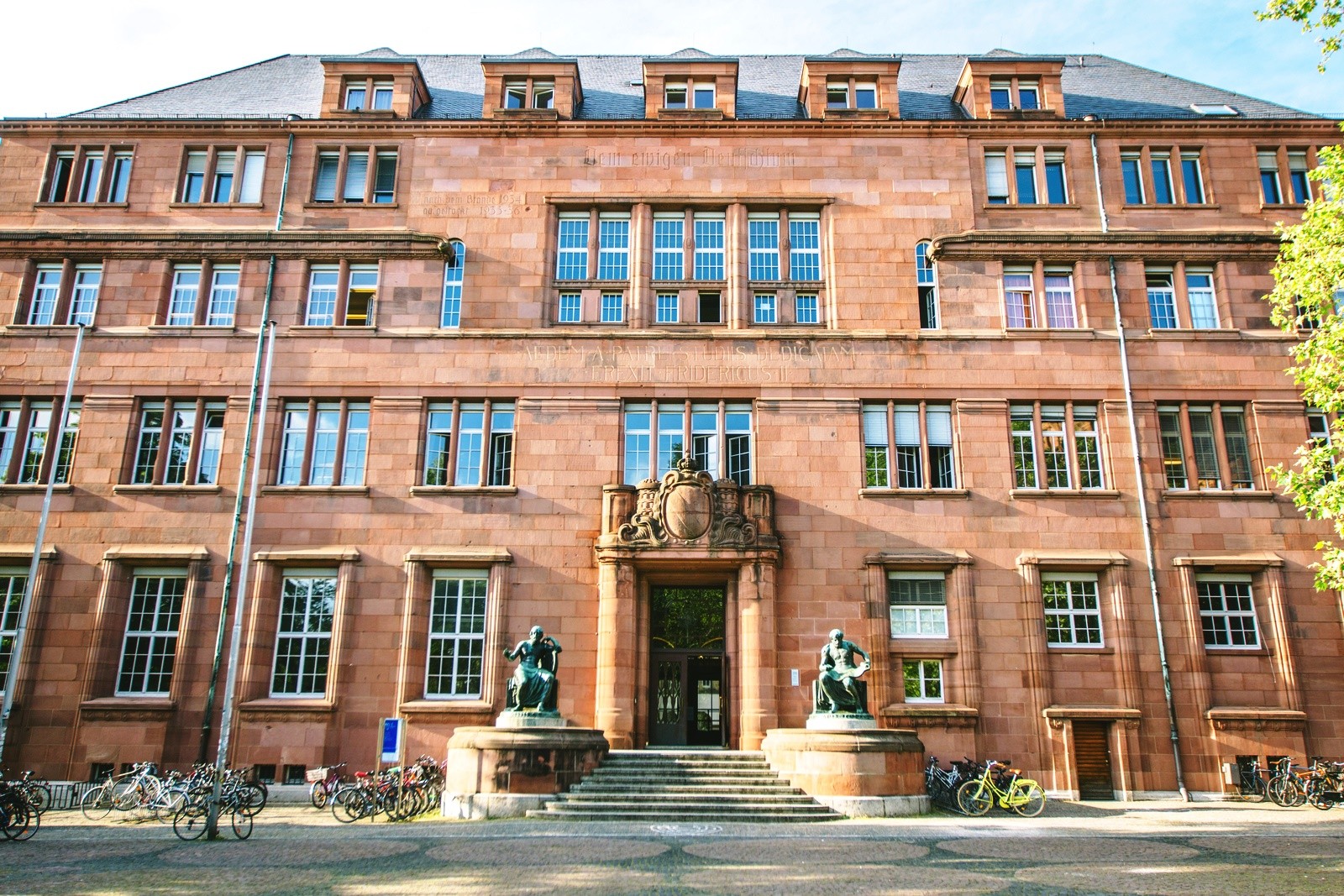University of Freiburg gets EU funding to make leukemia therapies safer
A stem cell donation is a promising therapy for many leukemia patients. But the therapy has risks: It is not uncommon for leukemia to return, and in about half of those treated, the transferred immune cells attack the recipient’s tissue. Such acute graft-versus-host disease, or aGvHD, is just as life-threatening as a possible leukemia relapse. With an ERC Advanced Grant of 2.5 million euros, the European Research Council is funding Prof. Dr. Robert Zeiser from the Faculty of Medicine at the University of Freiburg, who, together with his team, is researching new starting points to improve the healing of patients after stem cell transplantation.
“We were able to show that an acute rejection reaction often starts in the intestine because it loses its barrier function,” says Zeiser, head of the Division of Tumor Immunology at the Department of Internal Medicine I at the Medical Center – University of Freiburg. “In further studies, we have shown that blood cancer cells can manipulate immune cells with the help of lactic acid and even switch them off. We want to find out exactly how these two processes take place. Our goal is to find new, targeted therapies with which we can stop severe complications after stem cell transplantation right at the beginning,” says Zeiser, who is also spokesperson for the Collaborative Research Center 1479 OncoEscape and a member of the Cluster of Excellence CIBSS.
Strength in the fields of immunology and cancer treatment
“Robert Zeiser’s renewed funding through an ERC grant is a great personal achievement. At the same time, it confirms the strength of the University and the Medical Center – University of Freiburg in the fields of immunology and cancer treatment, which have grown increasingly more interwoven in recent years,” says Prof. Dr. Lutz Hein, Dean of the Faculty of Medicine at the University of Freiburg and member of the Board of Directors of the Medical Center – University of Freiburg.
The European Research Council (ERC) grant is one of the highest and most prestigious research grants in Europe, with a maximum of 2.5 million euros. Zeiser had already successfully acquired an ERC Consolidator Grant in 2016. With this grant, the ERC aims to support particularly ambitious projects that could lead to major scientific breakthroughs. The ERC Advanced Grant is awarded to established scientists who are leaders in their field and who have made fundamental research achievements over the last ten years.

